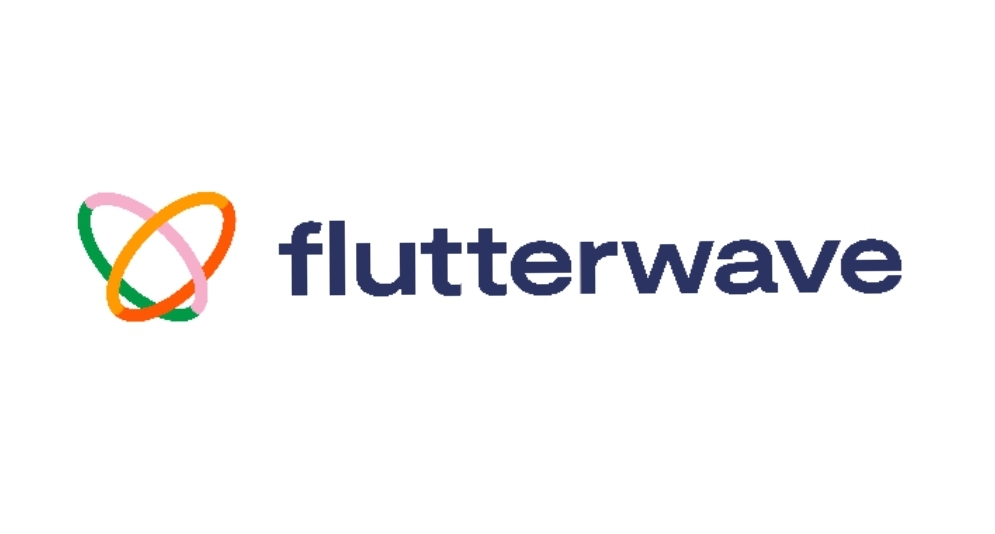WHO gathers 300 scientists to identify pathogens that may cause next pandemics

The World Health Organisation (WHO) says it is working to compile an updated list of priority pathogens that could cause future outbreaks or pandemics.
WHO in a statement on Monday stated that the agency would convene over 300 scientists to consider the evidence on over 25 virus families and bacteria as well as “Disease X”
“To consider evidence on the virus families and bacteria as Disease X”, which indicates an unknown pathogen that could cause a serious international epidemic,’’ it stated.
The process began on Friday and will guide global investment, and research and development (R&D), especially in vaccines, tests, and treatments.
The priority pathogens list was first published in 2017 and includes COVID-19, Ebola virus disease, Lassa fever, Middle East respiratory syndrome (MERS), Severe Acute Respiratory Syndrome (SARS), Rift Valley fever, Zika, and “Disease X”.
“Targeting priority pathogens and virus families for research and development of countermeasures is essential for a fast and effective epidemic and pandemic response,” Dr Michael Ryan, Executive Director of WHO’s Health Emergencies Programme, said.
“Without significant R&D investments prior to the COVID-19 pandemic, it would not have been possible to have safe and effective vaccines developed in record time,” he added.
The experts will recommend a list of priority pathogens that need further research and investment.
The process will include both scientific and public health criteria, as well as criteria related to socioeconomic impact, access, and equity.
R&D roadmaps will be developed for those pathogens identified as priority, laying out knowledge gaps and areas for research.
Desired specifications for vaccines, treatments and diagnostic tests will also be determined, where relevant.
Efforts will also be made to map, compile and facilitate clinical trials to develop these tools.
(NAN)
We have recently deactivated our website's comment provider in favour of other channels of distribution and commentary. We encourage you to join the conversation on our stories via our Facebook, Twitter and other social media pages.
More from Peoples Gazette

Politics
Katsina youths pledge to deliver over 2 million votes to Atiku
“Katsina State is Atiku’s political base because it is his second home.”

World
Tennessee lawmakers pass bill allowing teachers, staff members carry concealed handguns on campus
Staff members must have the approval of school officials without parents and other staff members being notified.

NationWide
African leaders, heads of govts, UN adopt Abuja Declaration on counter-terrorism
They called upon external actors to cease support(s) to terrorist groups on the continent.

Economy
Flutterwave announces Initial Public Offering for broader long-term vision
“We want to be a long-term company in Africa, for Africa.’’

NationWide
Army sensitises social media users to dangers of fake news
Mr Ugbo said that the programme offered an opportunity for the military to cross-fertilise ideas with youths on best ways to use social media.

NationWide
NCC recognises Soyinka as first copyright change champion
The NCC described Mr Soyinka as unarguably the tallest living iroko in Nigeria’s rich literary forest and an advocate for books, reading and copyright.

World
TikTok responds to EU ultimatum on new rewards-for-views app
The commission seeks to know how the Chinese-owned video-sharing platform assessed the addictiveness and the scheme’s mental health risks.








